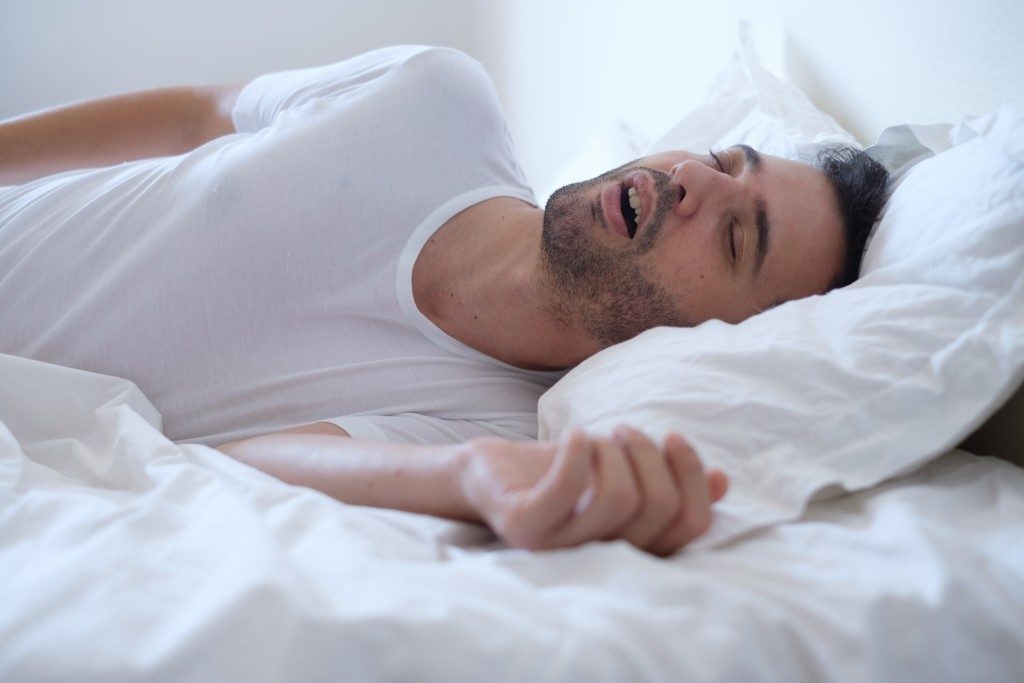In the US, the growing prevalence of sleep apnea threatens public health and safety, affecting over 20 million adults. Obstructive sleep apnea causes fragmented sleep, which can lead to low blood oxygen levels, hypertension, mood and memory problems, and heart disease.
A number of treatments can alleviate the symptoms and cure sleep apnea, from natural to surgical methods. Below are some of the treatment options available today:
-
Breathing devices and oral apparatus

The American College of Physicians says the first-line treatment for people with sleep apnea is the CPAP or continuous positive airway pressure machine. This is a mask connected to a compressor that delivers the right amount of air pressure to clear the obstruction in the throat. The mask fits over the nose and mouth to keep the airways clear throughout the night, helping sleep apnea patients have better and uninterrupted sleep.
People who find this equipment expensive can either look for affordable CPAP machines for sale in Orem or go for oral apparatus instead, which are a cheaper alternative. Sleep apnea mouth apparatus is a popular option for patients who find it too uncomfortable or difficult to sleep with the CPAP machine.
Qualified dentists fit the oral apparatus to help people with sleep apnea sleep better at night. This device keeps the airways open during sleep by either by bringing the jaw slightly forward, holding the tongue to prevent it from falling backward while lying down, or both.
Oral appliances are perfect for those who travel frequently because they’re portable and easy to clean. But these can also be uncomfortable to wear, although not as constricting as the CPAP machine. They may also cause temporomandibular joint problems and excess saliva, particularly tongue retaining devices.
-
Weight management and lifestyle changes
Studies have proven the link between obesity and sleep apnea. People who are overweight are likely to develop extra tissues in the back of their throat, which can prevent air from entering the lungs as they sleep.
There is no guarantee that weight loss can eliminate sleep apnea, although in some cases, it helped patients breathe better. Losing weight can also reduce the risk for heart disease, hypertension, and other ailments. This approach, however, may not do any difference for patients with narrow airways or nasal passages.
Quitting potentially harmful habits, like smoking and excessive drinking, may also improve sleep apnea symptoms. Research has proven that alcohol induces sleep apnea and other sleep disorders because it disrupts the natural sleep cycle and affects breathing.
-
Surgery

There are different surgery options for sleep apnea patients, but most aim to eliminate the extra throat tissues that block the airway during sleep. The surgery must target the particular area of obstruction in each patient. These could be anywhere in the nose, tongue, throat, and upper respiratory tract. Some of the more common methods are nasal surgery, uvulopalatopharyngoplasty, tongue base reduction, tongue advancement, tracheostomy, and lower jaw advancement.
Surgeries have different effects on people. For some, the benefits are permanent, but for others, symptoms of sleep apnea may reappear after some time.
People respond differently to these treatment options. Consult your doctor to know which one is more suitable for your condition and your body.


